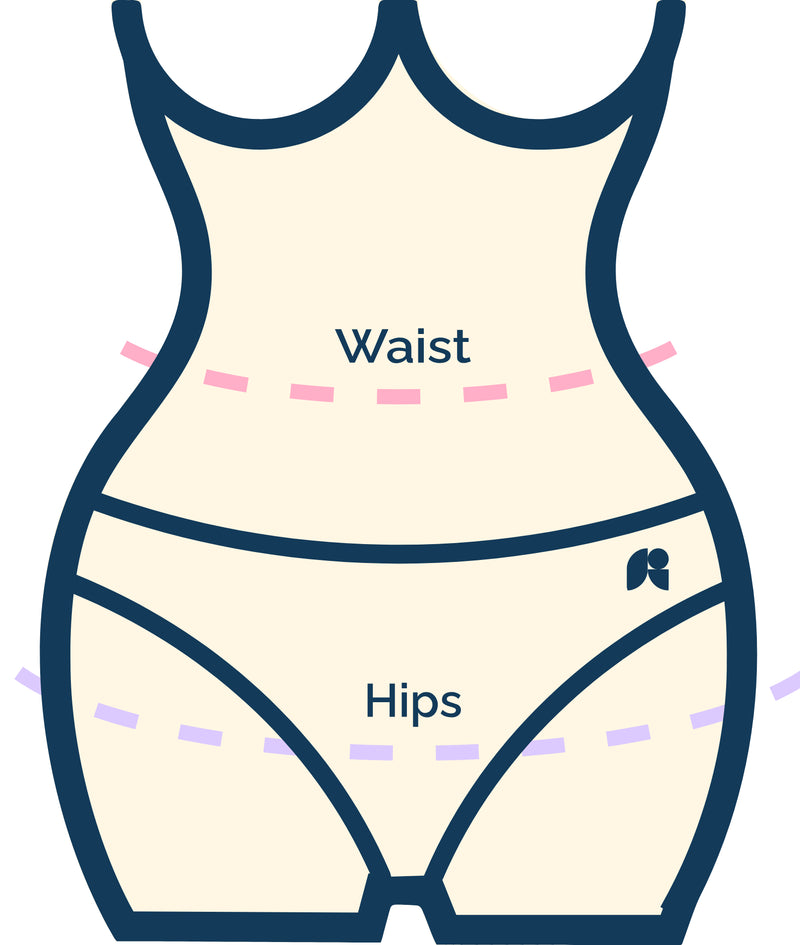1. It’s Not Just Blood
Period blood isn’t the same as the blood from a cut. It’s a unique mix of blood, uterine lining, cervical mucus, and vaginal secretions. This combination is what gives it a different texture and color.
2. The Color Can Change (And That’s Normal!)
Ever noticed your period blood changing from bright red to dark brown? The color of your flow depends on how long the blood has been exposed to oxygen. Bright red means fresh blood, while darker shades indicate older blood that has taken longer to exit the body.
3. Your Flow Amount is Less Than You Think
It might feel like you’re losing a pint of blood, but the average period only sheds about 2-3 tablespoons of fluid over the entire cycle! If your flow is much heavier than this, it could be worth chatting with your doctor.
4. Why Does It Smell Different?
Menstrual blood has a natural, mild scent due to the mix of blood and bacteria in the vagina. It’s completely normal, but if there’s a strong or unpleasant odor, it might be a sign of an infection.
5. It Can Contain Stem Cells
Believe it or not, menstrual blood contains stem cells that have the potential for medical research and regenerative medicine. Scientists are studying how these cells could be used to treat diseases in the future!
6. Stress Can Affect Your Flow
Feeling overwhelmed? Stress can impact your menstrual cycle, causing your period to be late, lighter, or even heavier. That’s because stress affects hormone levels, which regulate your cycle.
7. Exercise Won’t Make You Bleed More
It’s a common myth that physical activity will increase your period flow. In reality, exercise can help relieve cramps and boost your mood by releasing endorphins. So, no need to skip that workout!
8. Your Period is a Health Indicator
Your period can tell you a lot about your overall health. Irregular cycles, extremely heavy bleeding, or skipped periods can sometimes signal underlying conditions like PCOS, thyroid issues, or iron deficiency.
9. It Can Take Time to Regulate
For teens just starting their period, it can take a few years for cycles to become regular. This is because the body is still adjusting to hormonal changes. Even as adults, factors like diet, stress, and lifestyle can cause fluctuations.
10. Period Products Matter
What you use during your period affects both your body and the environment. Traditional pads and tampons can contain chemicals and contribute to waste, while sustainable options like period underwear (hello, FreeFlowa!) offer a safer, eco-friendly alternative.
Let’s Keep the Conversation Going!
The more we talk about periods, the less stigma there is. Have any surprising period facts or experiences to share? Drop them in the comments and join the #FreeFlowaMovement!








